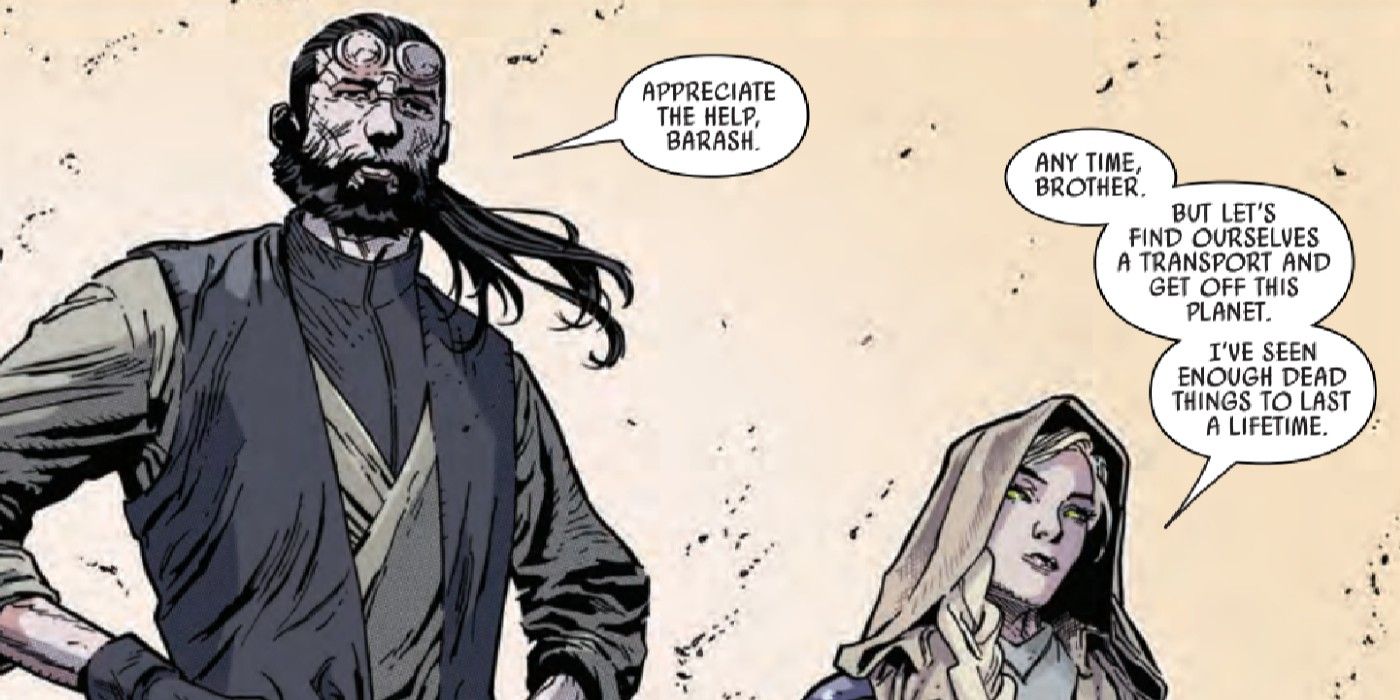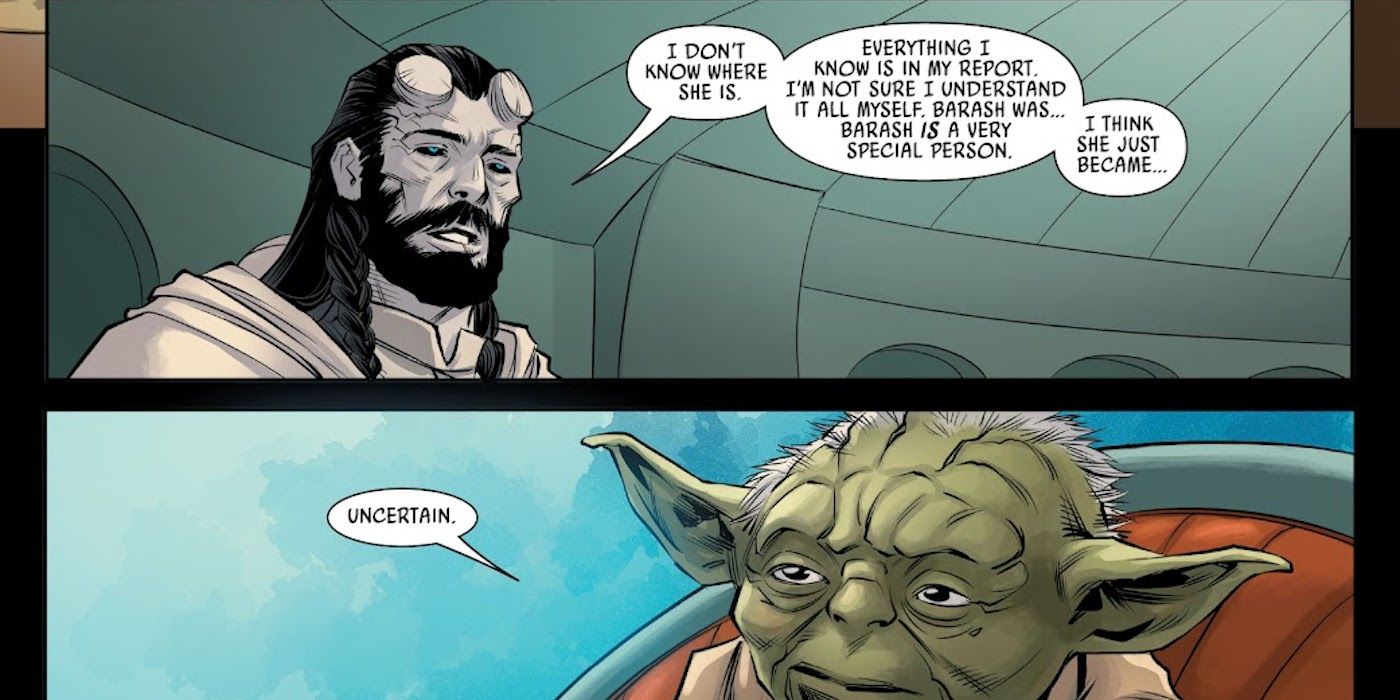Historical Significance of the Barash Vow

The Barash Vow is a centuries-old tradition practiced in parts of South Asia, particularly in the regions of Balochistan and Sindh. It is a sacred oath taken by individuals or groups to resolve conflicts, seek justice, or protect their honor. The vow is characterized by its solemn nature and the consequences it carries for those who break it.
Origins and Context
The origins of the Barash Vow can be traced back to ancient tribal societies, where it served as a means of settling disputes and maintaining social order. It was often used in cases of murder, theft, or other serious offenses. The vow would be taken by the aggrieved party, who would then call upon their family, clan, or tribe to support them in seeking justice.
Historical Examples
Throughout history, the Barash Vow has played a significant role in shaping societal norms and values. It has been used to enforce justice, protect the weak, and preserve the honor of families and communities. One notable example occurred in the 18th century, when the Barash Vow was used to resolve a conflict between two powerful Baloch tribes. The conflict had resulted in numerous deaths and threatened to destabilize the entire region. Through the mediation of elders and religious leaders, a Barash Vow was arranged, which brought an end to the bloodshed and restored peace.
Impact on Societal Norms and Values
The Barash Vow has had a profound impact on societal norms and values in South Asia. It has reinforced the importance of honor, loyalty, and justice. It has also served as a deterrent against crime and violence, as those who break the vow face severe consequences. In contemporary society, the Barash Vow continues to be practiced in some regions, although its significance has diminished somewhat due to the influence of modern legal systems.
Cultural Implications of the Barash Vow

The Barash Vow, a sacred pledge taken by Zoroastrians, holds profound cultural significance across diverse communities. It shapes social structures, influences family dynamics, and exerts a deep impact on religious beliefs and practices.
Role in Social and Family Structures
The Barash Vow strengthens communal bonds by fostering a sense of shared responsibility. It encourages individuals to support one another, particularly during times of need. Within families, the vow reinforces the importance of respect for elders and promotes harmonious relationships among siblings.
Influence on Religious Beliefs and Practices, Barash vow
The Barash Vow is deeply intertwined with Zoroastrian religious beliefs. It is believed to bring blessings and divine protection to those who adhere to it. The vow also emphasizes the importance of good deeds, ethical conduct, and striving for purity of thought, word, and action.
Modern Interpretations and Applications of the Barash Vow

In contemporary society, the Barash Vow has undergone various adaptations and interpretations. Its principles continue to resonate in different contexts, fostering reconciliation, promoting dialogue, and inspiring conflict resolution efforts.
Contemporary Applications
The Barash Vow has been applied in diverse settings, including:
- Community Reconciliation: The principles of forgiveness and dialogue enshrined in the Barash Vow have been used to facilitate reconciliation efforts in post-conflict communities, promoting healing and rebuilding trust.
- Conflict Resolution: The vow’s emphasis on empathy and understanding has been incorporated into conflict resolution practices, encouraging parties to seek common ground and resolve disputes peacefully.
- Education and Peacebuilding: The Barash Vow has been integrated into educational curricula and peacebuilding programs, teaching young people the importance of forgiveness, reconciliation, and non-violence.
Relevance to Current Social Issues
The Barash Vow remains relevant to current social issues such as:
- Racial Reconciliation: The vow’s principles of empathy and forgiveness can contribute to healing racial divides and promoting understanding across different communities.
- Political Polarization: The vow’s emphasis on dialogue and compromise can foster constructive conversations and bridge political divides.
- Climate Change: The vow’s recognition of interconnectedness can inspire collective action to address the global climate crisis.
Potential for Reconciliation and Conflict Resolution
The Barash Vow holds immense potential for promoting reconciliation and conflict resolution. Its principles of forgiveness, dialogue, and empathy create a framework for:
- Breaking the Cycle of Violence: The vow encourages individuals and communities to break free from cycles of violence and retaliation, fostering a culture of peace and understanding.
- Building Trust and Respect: The vow promotes mutual respect and understanding, laying the foundation for lasting relationships and peaceful coexistence.
- Creating a Common Ground: The vow emphasizes the shared humanity and common interests that unite people, regardless of their differences, creating a basis for dialogue and reconciliation.